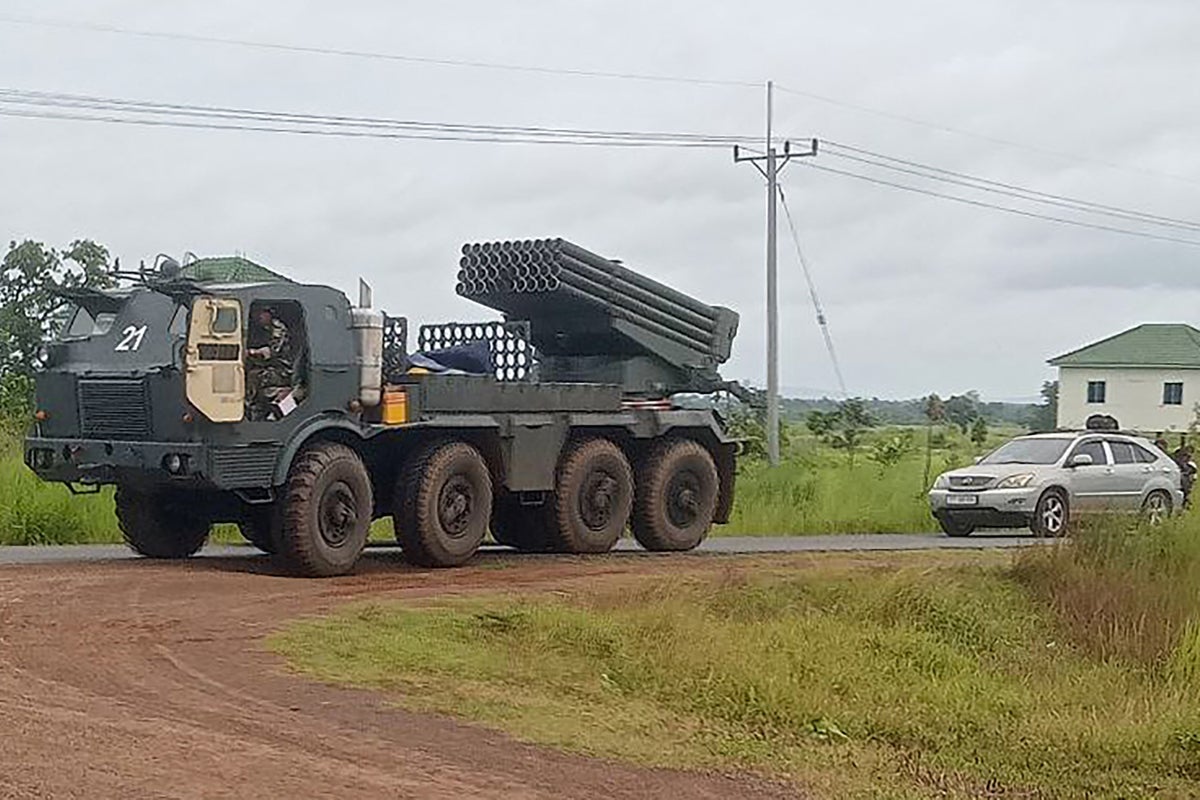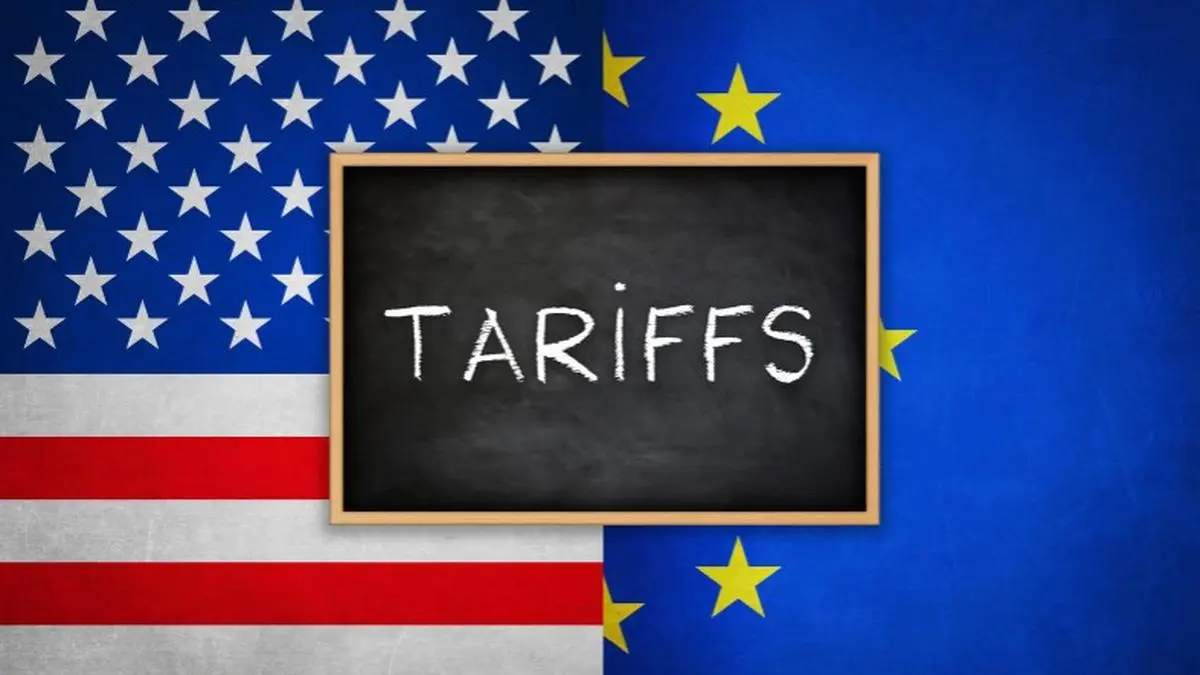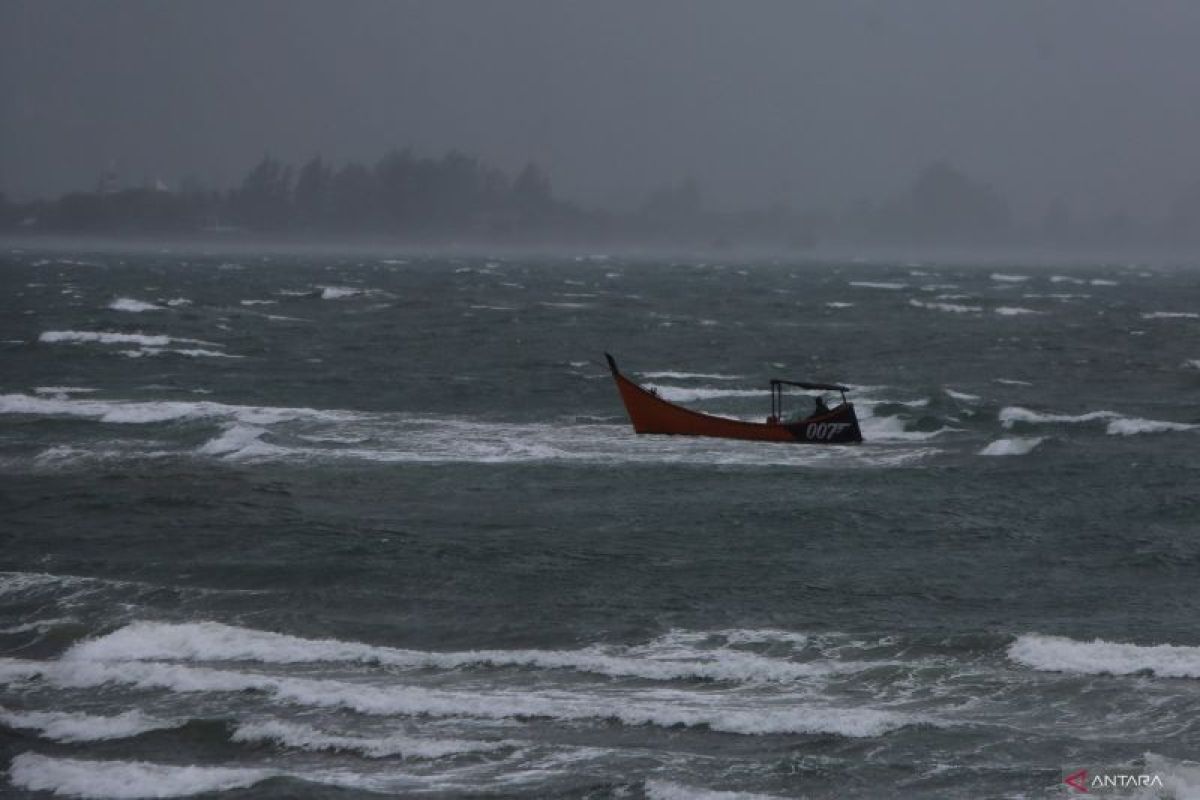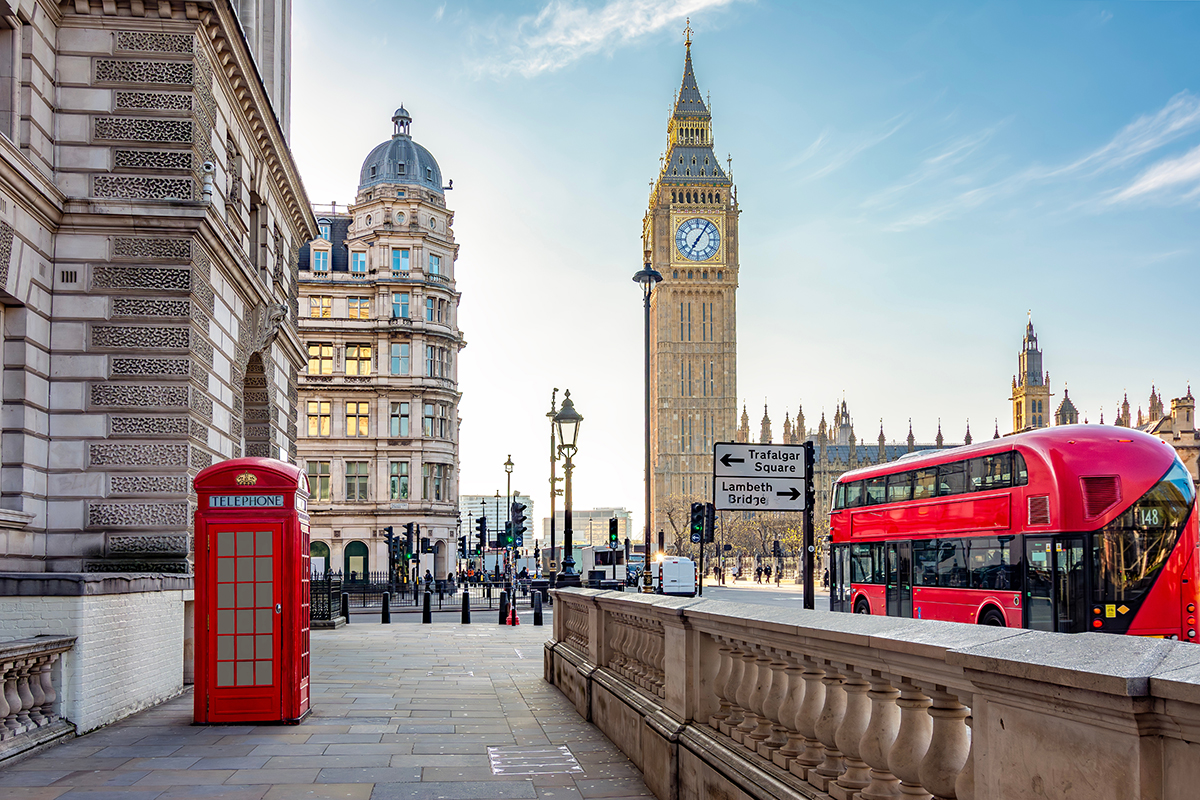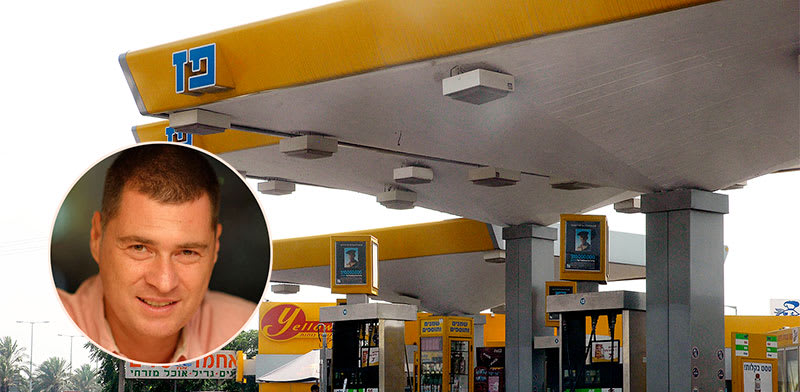Thai and Cambodian forces traded artillery fire and air strikes along contested stretches of their 817km border on Thursday, killing at least 12 people, including 11 civilians, and triggering mass civilian evacuations. The dramatic military escalation is directly connected to a period of political upheaval in Bangkok – one that threatens to bring down the country’s most famous political dynasty.
The clashes, which began near the ancient Ta Moan Thom temple in Thailand’s Surin province, quickly spread to other disputed areas. Cambodian officials accused Thailand of launching air strikes and dropping bombs on roads inside its territory. Thailand blamed Cambodia for laying new landmines – one of which injured a Thai soldier and prompted a swift military response, including the deployment of F-16 fighter jets.
The cross-border violence comes weeks after Thai prime minister Paetongtarn Shinawatra was suspended from office by the Constitutional Court, accused of violating ministerial ethics over a leaked phone call with former Cambodian leader Hun Sen. In the call, Ms Shinawatra referred to Thailand’s military commander as her “opponent” and called Hun Sen “uncle” – a remark that enraged Thailand’s conservative bloc and triggered calls for her removal.
Her suspension – and the diplomatic crisis unfolding simultaneously – has exposed deep rifts in Thai politics and cast doubt on the future of the Shinawatra family’s political legacy.

What is the latest conflict about?
The border conflict erupted in May when the armed forces of Thailand and Cambodia briefly fired at each other in a relatively small “no man’s land” claimed as their own by both countries.
Both sides said they acted in self defence. One Cambodian soldier was killed.
Although Cambodia and Thailand said afterwards that they had agreed to de-escalate the situation, their officials continued to implement or threaten measures short of armed force at each other, keeping tensions high.

Thailand added restrictions at the border, limiting crossing times and barring Thai casino tourists and workers from crossing into Cambodia.
Cambodia banned Thai movies and TV shows, stopped the import of Thai fruits and vegetables and boycotted its neighbor’s international internet links and power supply.
How long have the two fought over land?
Border disputes have long caused periodic tensions between the two neighbours. Thailand and Cambodia share a land border of more than 800km.
The contesting claims have stemmed largely from a 1907 map drawn up by French colonial rulers that was used to separate Cambodia from Thailand.
Cambodia has been using the map as a reference to claim territory, while Thailand has argued the map is inaccurate.

In February, Cambodian troops and their family members entered the ancient Preah Vihear temple in one of the disputed areas and sang the Cambodian national anthem, leading to a brief argument with Thai troops.
In 1962, the International Court of Justice had awarded sovereignty over the area to Cambodia, making it a major irritant in bilateral relations.
Cambodia went back to the court in 2011, following several clashes between its army and Thai forces which had killed about 20 people and displaced thousands.
The court reaffirmed the ruling in 2013, a decision that rattled Thailand.

How does this affect Thai politics?
The crisis comes at a moment of deep political vulnerability for the Shinawatra family. Prime minister Paetongtarn Shinawatra, daughter of exiled former leader Thaksin Shinawatra, was suspended by Thailand’s Constitutional Court over her handling of the border conflict.
The court is reviewing a complaint from 36 conservative senators who accused her of undermining national security and military authority by taking a conciliatory tone in the leaked phone call with Hun Sen. She is the third Shinawatra family member to be removed from the premiership – following Thaksin and her aunt, Yingluck – both ousted by courts or coups.
The court ruling has weakened her Pheu Thai-led coalition, already strained by internal tensions. One party has defected, and a no-confidence vote in parliament is now likely. Meanwhile, deputy prime minister Suriya Juangroongruangkit has stepped in as caretaker.
Analysts say the court’s decision could prolong political instability. “This is not just about ethics – it’s a continuation of judicial intervention against the Shinawatras,” said political scientist Dr Pavin Chachavalpongpun.
What role is Cambodia playing politically?
The leak of Ms Shinawatra’s call with Hun Sen has added another layer of intrigue. Though he no longer serves as prime minister, Hun Sen led the country with an iron grip for decades and remains arguably the country’s most powerful individual, as Senate president and father of current prime minister Hun Manet.
Analysts say the two families – the Shinawatras in Thailand and the Huns in Cambodia – have maintained warm personal ties for years. The publication of the call, apparently by Cambodian authorities, may have been intended to shield Hun Manet from domestic criticism by showing he was firm in his dealings with Bangkok.
But it has also dealt a serious blow to Ms Shinawatra at a politically charged moment – fuelling speculation that Hun Sen’s release of the audio may have been a calculated move to exert leverage or provoke instability in Thai politics.
What happens next?
With both militaries on high alert and public anger rising on both sides, analysts warn the crisis could deepen. Cambodia insists it will pursue international arbitration; Thailand is refusing and threatening tougher action if provoked again.
Domestically, Ms Shinawatra’s fate may depend on how long she can remain in power while suspended – and whether the backlash strengthens her conservative opponents in parliament or in the military.
“Diplomatically, this crisis could be managed,” said Dr Prem Singh Gill, a constitutional law scholar at Muhammadiyah University in Indonesia. “But politically, it could reshape Thailand’s leadership – again.”

